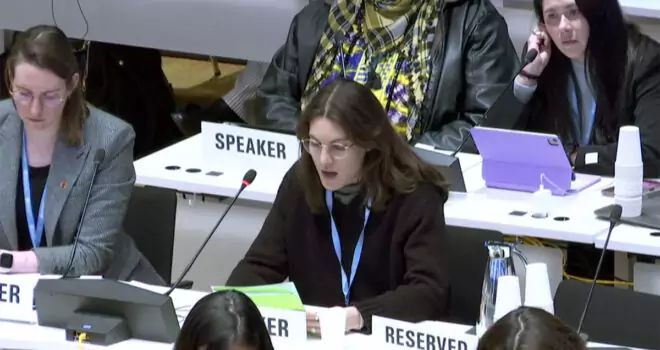WHF was represented by Dr. E. Ulysses Dorotheo, our Tobacco Expert Group member for WPRO, at the Seventy-Fifth Session of the WHO Regional Committee for the Western Pacific.
SEVENTY-FIFTH SESSION OF THE WHO REGIONAL COMMITTEE FOR THE WESTERN PACIFIC
AGENDA ITEM 10
Honourable Chair,
Distinguished Delegates,
The World Heart Federation applauds the World Health Organization and its Member States for the progress made in expanding health services coverage in the Western Pacific region. Nonetheless, we note with concern that coverage for noncommunicable diseases interventions continues to fall short.
Cardiovascular disease imposes a significant economic burden on individuals and households, often leading to catastrophic health expenditures and perpetuating cycles of poverty. Universal Health Coverage is critical to ensuring equitable and widespread access to essential cardiovascular health services.
To achieve UHC, health systems must be built on a foundation of (1) sustainable financing, (2) empowered institutions, (3) a well-trained health workforce, (4) strengthened primary health care, and (5) robust cross-sector collaborations. In particular, strengthening PHC systems will not only improve health outcomes and lower hospitalization rates, but also reduce overall healthcare costs.
As such, we call on Member States to:
- Accelerate progress towards UHC through robust and well-financed PHC systems that ensure accessibility, affordability, quality, and equity;
- Expand UHC to provide comprehensive care – from prevention to diagnosis, treatment, and rehabilitation – for cardiovascular disease and its associated risk factors, drawing from Appendix 3 of the WHO Global NCD Action Plan;
- Implement the WHO Regional Framework on the Future of Primary Health Care in the Western Pacific as well as the WHO HEARTS Technical Package at primary care level to ensure a standardized model of care for cardiovascular risk management;
- Develop or strengthen National Cardiovascular Health Plans to secure sustainable funding for and ensure broader access to cardiovascular health services across the continuum of care; and
- Engage civil society organizations, including people with lived experience, in cardiovascular health policies.
Thank you.

